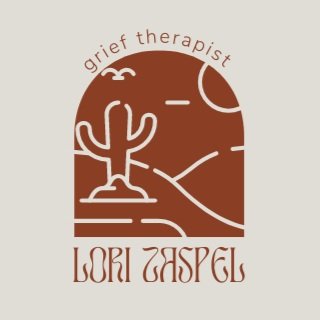The difference between grief support and grief therapy
As a LCSW and death doula, this question is one that gives me pause. What’s the dang difference!? Just because I have a load of student debt and some letters behind my name, I’m magically more attuned to grief? Umm, no. But licensure and education don’t mean ‘nothing’ either, and reflect work, study, self-reflection, and learning into which I put a great deal of effort. The anti-capitalist in me struggles with so-called professionalization and protected terms — I don’t want to own the terminology for anything tbh — but I also see stories all the time that reinforce how important it is for there to be distinctions which communicate to potential recipients of services what training and expertise someone has.
(For instance: I became aware of a TikToker whose initially licensed therapist became unlicensed because the therapist was stealing her clients’ identities! And then kept practicing! Lied to her clients and said it was just a technicality. The mind boggles.)
This article is an interesting place to continue turning this around in my mind. (Link goes to the problematic AF Psychology Today, so please forgive me.)
I find this paragraph especially interesting:
It’s important to note, however, that many clinical, medical, counseling, and social work programs don’t offer extensive training in grief therapy despite these being major reasons for why people pursue therapy. As a result, grieving people need to look for or inquire about a clinician’s training with grief and be skeptical of generalized approaches that suggest short-term solutions or rational problem-solving.
What do you think? Have you received professional (paid for) grief support or coaching and/or grief therapy? What differences did you notice, or did you notice any?

